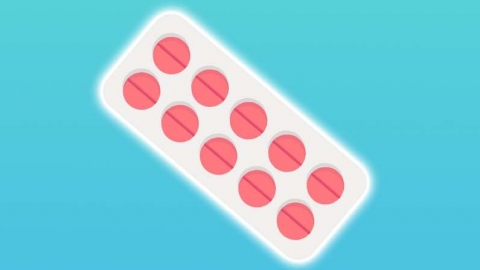Are HIV post-exposure prophylaxis (PEP) medications effective?
Generally speaking, HIV post-exposure prophylaxis (PEP) medications are effective. The detailed explanation is as follows:

HIV PEP medications work by preventing the replication and proliferation of the HIV virus in the body, thus achieving the purpose of preventing HIV infection. After engaging in high-risk behavior that may lead to HIV infection, taking PEP medications promptly can significantly reduce the risk of contracting HIV. Generally, the medication is most effective when taken within 24 hours after the high-risk exposure, although it still has a relatively high success rate if taken within 72 hours. However, the success rate of prevention gradually decreases over time. HIV PEP typically consists of a combination of several anti-HIV drugs that can act on different stages of the viral infection process—for instance, blocking the virus from entering cells or inhibiting the viral reverse transcription process—thereby effectively preventing the spread and proliferation of the virus in the body.
In daily life, maintaining a healthy and monogamous sexual relationship, avoiding sexual activity with multiple or changing sexual partners, and using condoms correctly can help prevent HIV infection. At the same time, it is important to stay away from drugs and avoid contracting HIV through shared injecting equipment or other drug-related tools.










